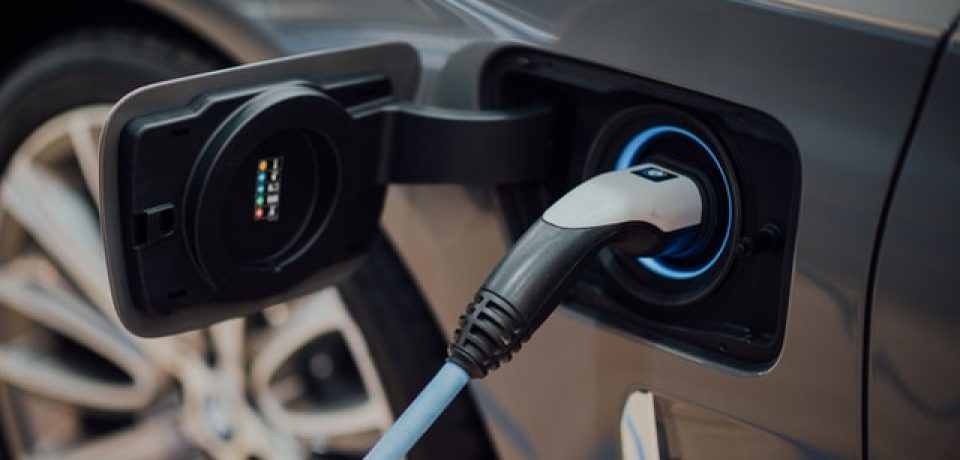In the last couple of years, the newspapers have been full of articles about how good electric cars for the environment and how over the course of the next few years we are likely to see more electric cars on the road and the start of a better infrastructure to support their use. You may have seen electric car charging points appearing in some of the car parks that you visit, whether these are at the supermarket or the motorway services.
The big question on most people’s minds however is can they really save you money? And, with the current situation with both petrol prices and the imminent increases in electricity bills this has become even more relevant.
So let’s cut straight to the chase and look at some of the statistics around the costs associated with electric cars.
What is the cost of running an electric vehicle?
The upfront costs associated with the purchase of an electric car are higher than the cost for an average diesel or petrol car. However, you need to think longer term with an electric vehicle, as this is where the savings can really mount up, and you need to remember to factor in your insurance.
Government grants
The great news is that you can get a “Plug-in Car Grant” from the government, which is currently worth around £1500 for a car, so this means your initial outlay will be a little smaller. The grant can be applied by the car dealer to the price that you pay for the vehicle, but it is important to note that this is only available on new vehicles and not second-hand ones.
There is also help available under the Electric Vehicle Homecharge Scheme (EVHS) to assist with the costs of installing an EV charger on your property. However, you will need to be quick with this one as the scheme is being phased out for most property types and installations need to have taken place by 31st March 2022, with claims submitted by 30th April 2022.
Tax benefits
There are some tax benefits available to those who are looking to make the move to an electrical vehicle, and these should really help to keep some of those costs down.
Road tax
Any car classified as a “pure” electric vehicle is exempt from road tax. Drivers of PHEV and HEV will be able to benefit from a reduced car tax payment – how much you pay will depend on the carbon dioxide emissions of your vehicle.
Mileage
EVs are subject to the same mileage payment schemes as petrol and diesel vehicles if you use them for work, and whilst this is not a saving specific to this type of vehicle, it is worth making a note of.
Charging costs
How much it costs you to charge your vehicle will depend on where you plug it in for charging, the size of the car battery and of course the cost of the company that you use for your charging purposes. If you are charging your vehicle at home, then you will need to calculate the kWh that you need for a full vehicle charge, and this will give you an idea of the cost per charge with your home electricity tariff.

